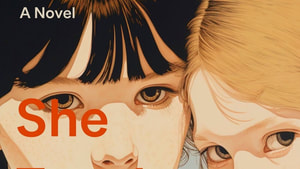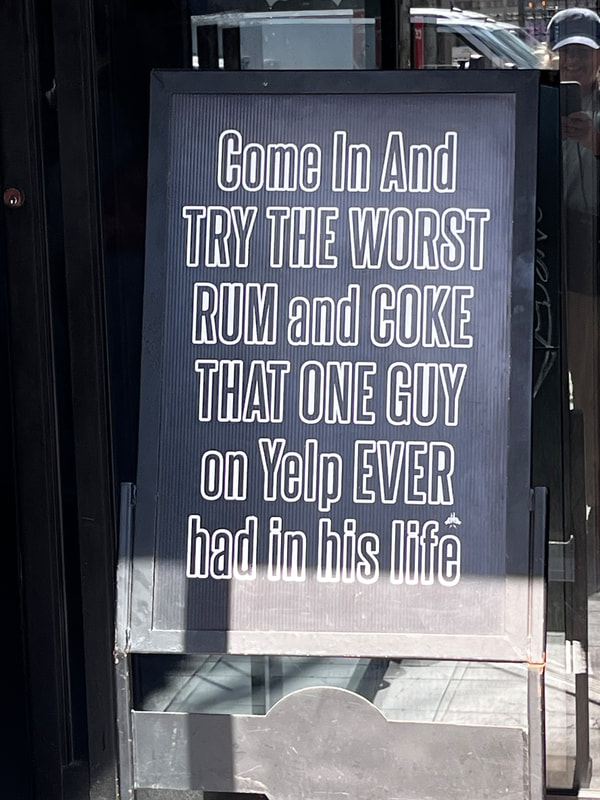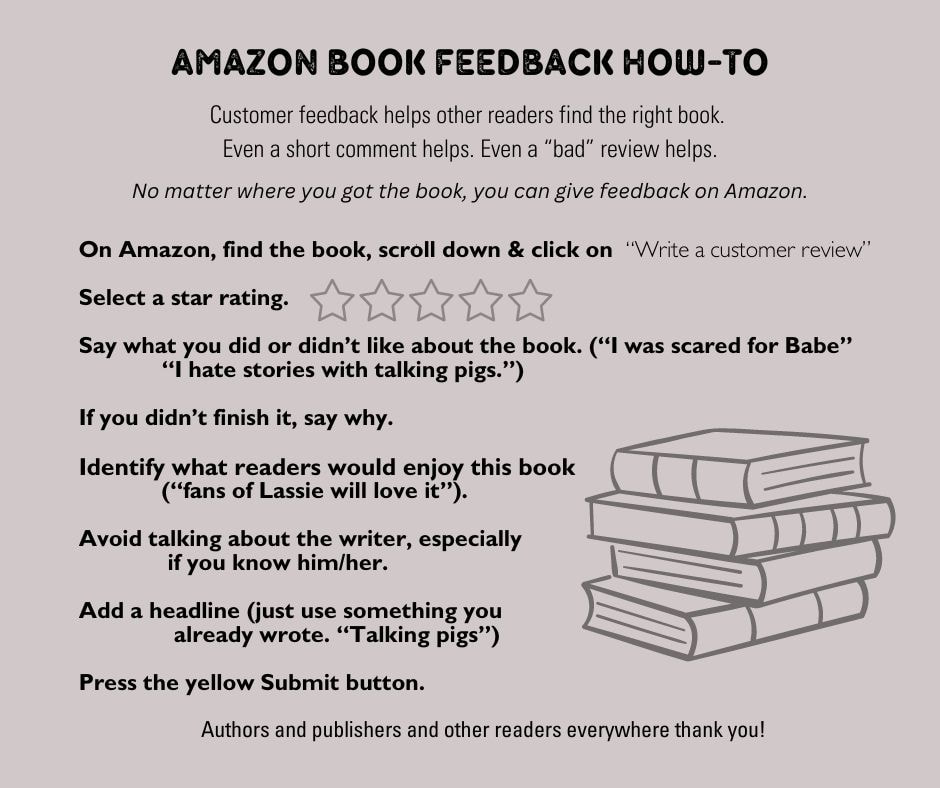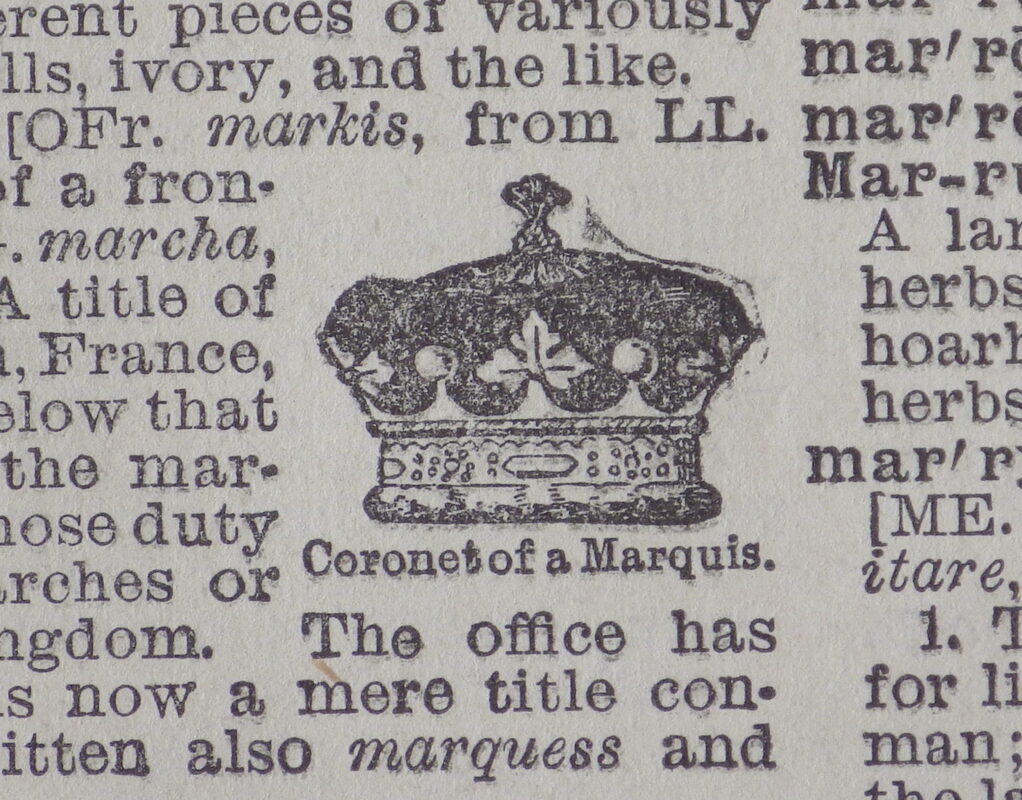|
Jill suggested they read She Taught Me Everything for the group, and even though Jill had moved away, they read the book. I Zoomed with the group in May and had a really wonderful conversation about the North Country, these characters, and books in general.
Fast forward a few weeks and while browsing at the St. Lawrence University bookstore, Ana ran into Betsy Kepes of North Country Public Radio and recommended the book. Betsy then reviewed my book for her radio broadcast! And liked it! Yay! Click on the picture and it will link you through to the podcast/broadcast...
0 Comments
Nearly everything gets a rating these days. Oh how I ache to work in a reference to the soccer fans' chant about Roy Kent! Consumer ratings are here, are there, are every-something-where for some really good reasons. It's hard to trust the internet. I know, reeeeeealy? Most of us wonder is it advertising, is it paid placement, or is it plain old fakery? One way around the uncertainty is to get word-of-mouth recommendations, yet in this marvelous part of the 21st C, that takes time. So we turn to the social part of media: we check who recommends any given item—and we look at customer feedback before plunking down our cash or time. How often has the phrase "worked great for about a week" convinced us to select some other Amazon gadget? Speaking of the 'Zon, shall we walk through how to do customer feedback on the world's largest retailer for a book? Start by finding the book listing on Amazon. Scroll down the page to "write a customer review." Pick a number of stars. Skip over the headline part for now. The feedback can feel hard. Stuck for words? Think about the Who, What, How, Why, of the story: Who did you like or dislike in the characters? (For Moby-Dick, "I liked Ahab, he was poetic and strange.") What kind of story was it–sad, humorous, romantic, spicy––and did you enjoy that? ("The story was one long whale chase on the high seas. There was a lot of belly-aching, which I could do without, tbh.") How did the book unfold, how was it told, how did it make you feel? ("Moby-Dick has beautiful descriptions of a lost way of life, which I really appreciated. The obsessive captain was so emotional I was kind of tired just reading it.") and Why or not you recommend. ("This book is a classic, and it's hard to read, but in the end I felt like I really accomplished something.") If you didn't finish the book, say why. ("My own white whale showed up.") The only do-not? Don't mention or imply a connection to the author. Amazon doesn't want someone's mom stuffing the ballot box... Finally, send a flare up for readers who might like the product. ("This is good for fans of seafaring adventures or anyone working on their vocab.") Then go back to pick a headline ("Vocab on the high seas") Press the "submit" button and voilá! you have provided insight for readers, writers, and publishers. You rule. Pro tip: you don't need to buy the book from Amazon to share your opinion about it. Yep. You can go in and share your opinion regardless.
Same with other retailers like KOBO and Barnes & Noble... those links can be seen here, btw. www.amysmithlinton.com/get-a-book.html Even if you didn't enjoy it at all, don't be shy. It's helpful for other readers to know that someone else has given the book a try and has had an honest reaction. Cheers! |
Archives
July 2024
Categories
All
|






